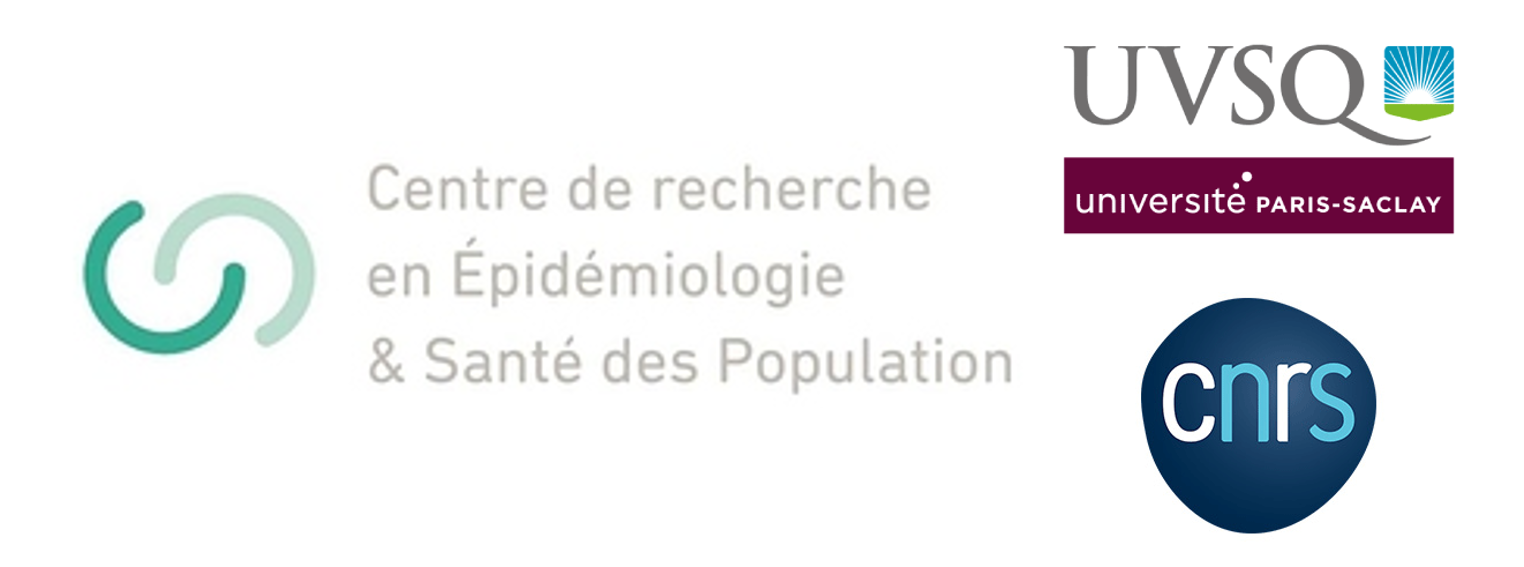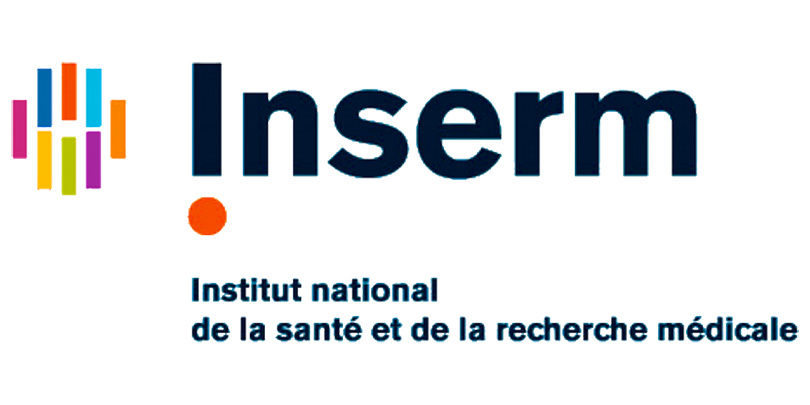Predicting consequences of COVID-19 control measure de-escalation on nosocomial transmission and mortality: a modelling study in a French rehabilitation hospital
Résumé
Introduction
Infection control measures are effective for nosocomial COVID-19 prevention but bear substantial health-economic costs, motivating their “de-escalation” in settings at low risk of SARS-CoV-2 transmission. Yet consequences of de-escalation are difficult to predict, particularly in light of novel variants and heterogeneous population immunity.
Aim
To estimate how infection control measure de-escalation influences nosocomial COVID-19 risk.
Methods
An individual-based transmission model was used to simulate SARS-CoV-2 outbreaks and control measure de-escalation in a French long-term care hospital with multi-modal control measures in place (testing and isolation, universal masking, single-occupant rooms). Estimates of COVID-19 case fatality rates (CFRs) from reported outbreaks were used to quantify excess COVID-19 mortality due to de-escalation.
Results
In a population fully susceptible to infection, de-escalating both universal masking and single rooms resulted in hospital-wide outbreaks of 114 (95% CI: 103–125) excess infections, compared with five (three to seven) excess infections when de-escalating only universal masking or 15 (11–18) when de-escalating only single rooms. When de-escalating both measures and applying CFRs from the first wave of COVID-19, excess patient mortality ranged from 1.57 (1.41–1.71) to 9.66 (8.73–10.57) excess deaths/1000 patient-days. By contrast, when applying CFRs from subsequent pandemic waves and assuming susceptibility to infection among 40–60% of individuals, excess mortality ranged from 0 (0–0) to 0.92 (0.77–1.07) excess deaths/1000 patient-days.
Conclusions
The de-escalation of bundled COVID-19 control measures may facilitate widespread nosocomial SARS-CoV-2 transmission. However, excess mortality is probably limited in populations at least moderately immune to infection and given CFRs resembling those estimated during the ‘post-vaccine’ era.
| Origine | Publication financée par une institution |
|---|---|
| licence |




